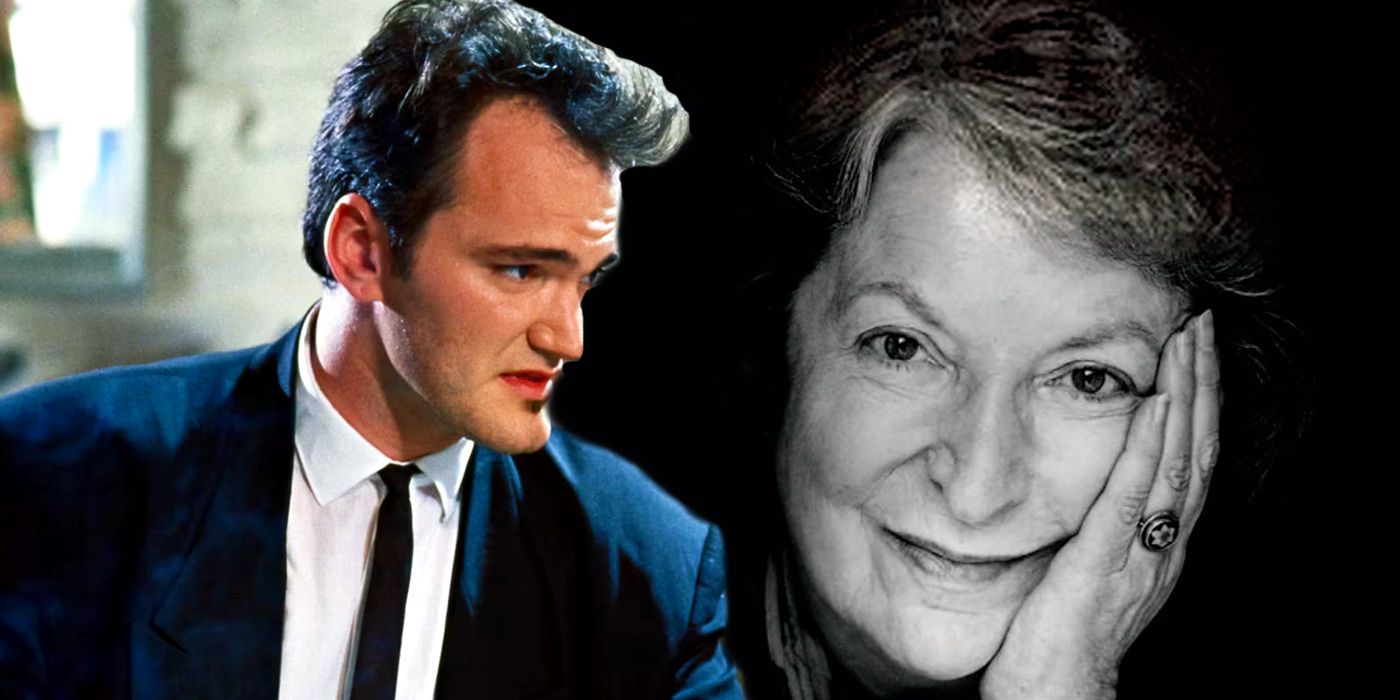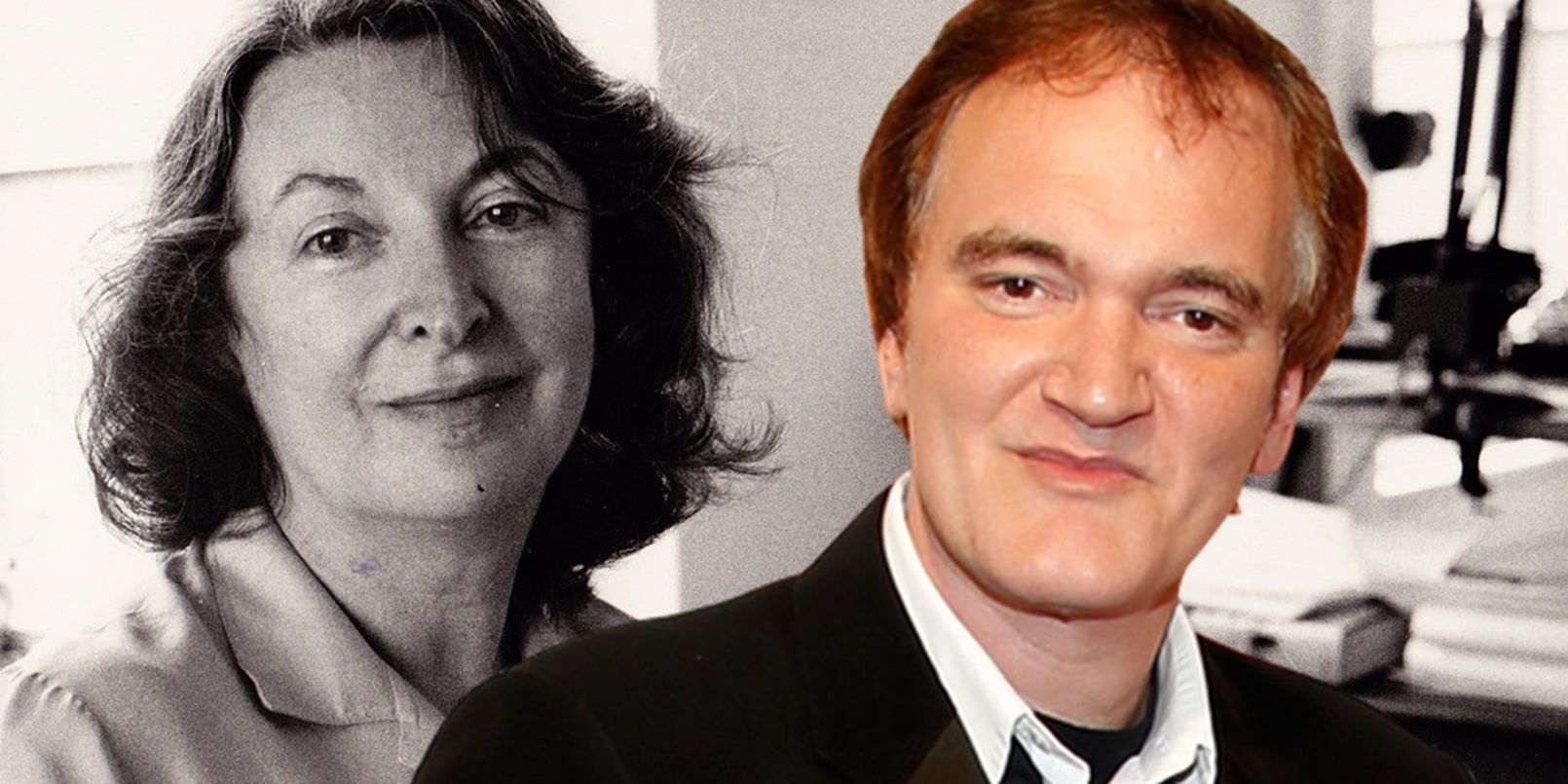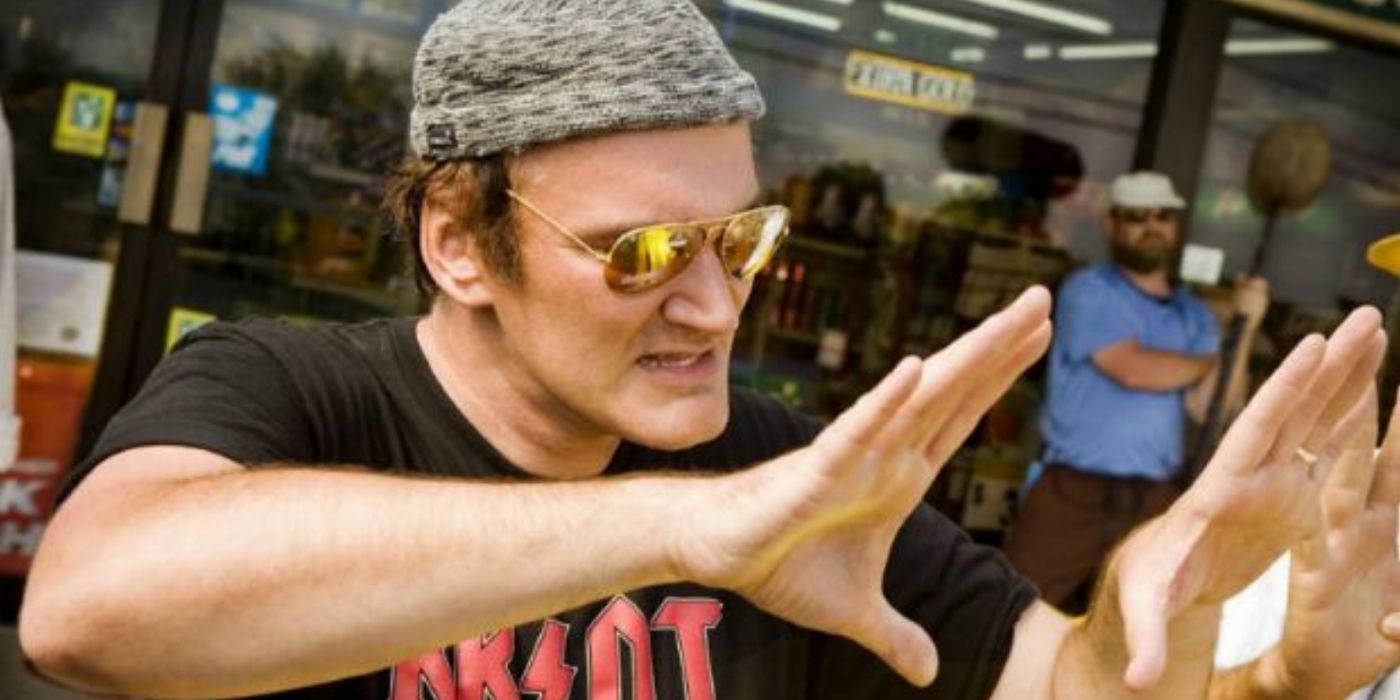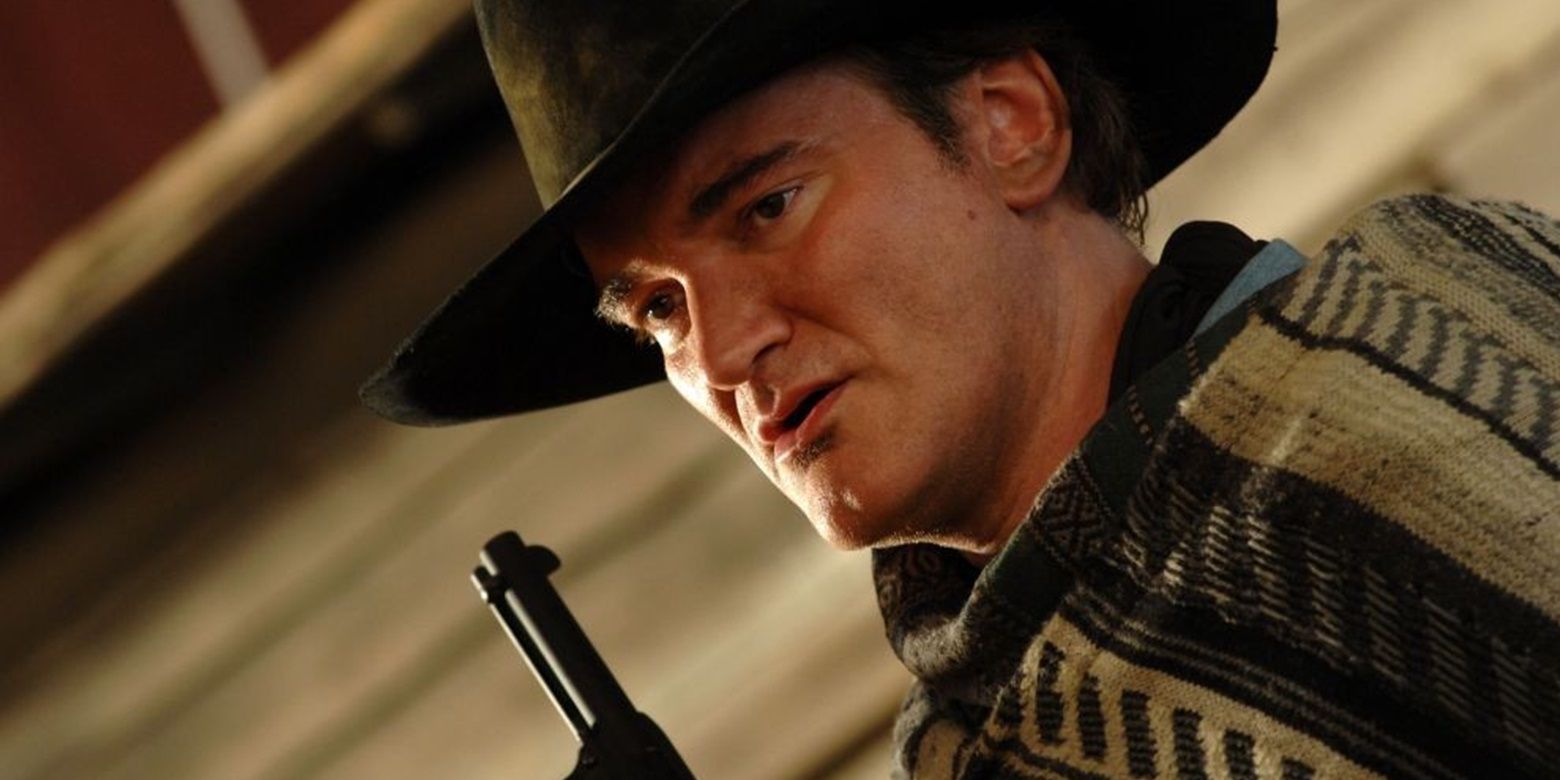Quentin Tarantino has reportedly completed the screenplay for his tenth and final movie, and it's rumored that the main character could be based on beloved movie critic Pauline Kael. Tarantino has said for years that he wants to retire after his tenth movie, and that time is near, as he has finished the script, titled The Movie Critic. The film sounds almost like the "greatest hits" of Tarantinoisms, as it hits every beat, such as the 70s time period, the Los Angeles location, and a female protagonist. But it also marks a leap forward, as it doesn't sound all that violent.
Given the fact that Tarantino's The Movie Critic has a female protagonist, many have speculated that it could be movie critic Pauline Kael. Tarantino hasn't had the best track record with critics. He has constantly battled them over violence in movies, most notably when he locked horns with Jan Wahl whilst promoting Kill Bill (via YouTube). He also refused to answer one critic's question about Sharon Tate during a Q&A after a Once Upon a Time in Hollywood screening and had a segment on Kimmel about how much he hates Sheila Benson (via YouTube). However, there's one film critic he adores, and that's Pauline Kael. Here's who she is and why she may have inspired Tarantino's tenth, and possibly final, movie.
Pauline Kael Is One Of The Most Influential Film Critics Of All Time
While the most well-known movie critic is Roger Ebert, who famously walked out of movies, Kael was just as influential even if she wasn't a celebrated television personality. Kael's writing was totally different from any of her peers, and her opinions were often exactly the opposite too. The critic began writing reviews in the mid-60s, with her first contentious review being the Sound of Music. Kael called the phenomenally popular movie "sugarcoated lie that people seem to want to eat" (via The Guardian). And according to The New York Times, Kael was fired from McCall's few negatively reviewing every commercial movie.
While the movie critic retired in 1991, she still shared a lot of thoughts and opinions about 90s movies before her death in 2001. Kael also had positive things to say about 1994's Pulp Fiction. Kael noted, "I laughed a lot at Pulp Fiction. It tickled me the way Paul Morrissey’s 1970 porno-absurd Trash did, and Stuart Gordon’s Re-Animator" (via Far Out Magazine). However, she also criticized it for not having much substance, explaining, "I didn’t find any of the important ‘statements’ I had read about in the reviews, but it’s got a crazy good humor."
What Pauline Kael Was Doing During The Movie Critic's Timeline
In 1968, Kael was offered a job at The New Yorker as a film critic, and she stayed there all the way through to 1979. This was the era in which Kael excelled and was able to influence the film industry and aspiring filmmakers. But it was also at this time when rumors came about of how unrelenting and pugnacious she was with her criticism. Based on the stories, Kael is a perfect protagonist for Tarantino's last film. Kael reportedly locked horns with other staff on countless occasions, such as when she told Bill Shawn, "Tough sh*t, Bill," after giving the celebrated Badlands a bad review via (Paul Rossen).
Why Pauline Kael Makes Sense For Quentin Tarantino's The Movie Critic
It's no secret that Tarantino has struggled with film critics over the years, with one prime example being in 2012 when he told Krishnan Guru-Murphy, "I'm shutting your butt down!" after a few tough questions. However, Tarantino actually has an affinity for film criticism, thinks it's an art form in itself and speaks about many that he respects in his book Cinema Speculation. In fact, Tarantino could be considered a movie critic himself given how he frequently posts year-end best-of lists. Not only that, but it's well-documented how much he loves Kael, calling her his "film Keruac" (via HuffPost).
As an author, Tarantino is better known for his Once Upon a Time in Hollywood novel, which details more of the world before and during the events of the movie. However, Tarantino also wrote Cinema Speculation, a non-fiction book, and it was Kael who influenced him to write it. The filmmaker explained on Kimmel that when Kael asked if she'd ever write her own biography, she responded by saying that she had written her biography in every movie review she had ever written. That's exactly what Tarantino did with Cinema Speculation, as it's a commentary on various 70s movies, but it's also semi-autobiographical.
Given the 70s period, the Los Angeles setting, and that it's about the movie industry, The Movie Critic could possibly be a Once Upon a Time in Hollywood sequel. Kael being the main character of the movie makes more sense with that in mind. In his more recent movies, a lot of Tarantino's movie characters are based on real people, and that's especially the case in the 2019 movie, as it features so many big-name Hollywood figures. Even if it isn't a Once Upon a Time in Hollywood sequel, as real-life people have been the subjects of Tarantino's movies for years, Kael leading The Movie Critic still makes sense.




